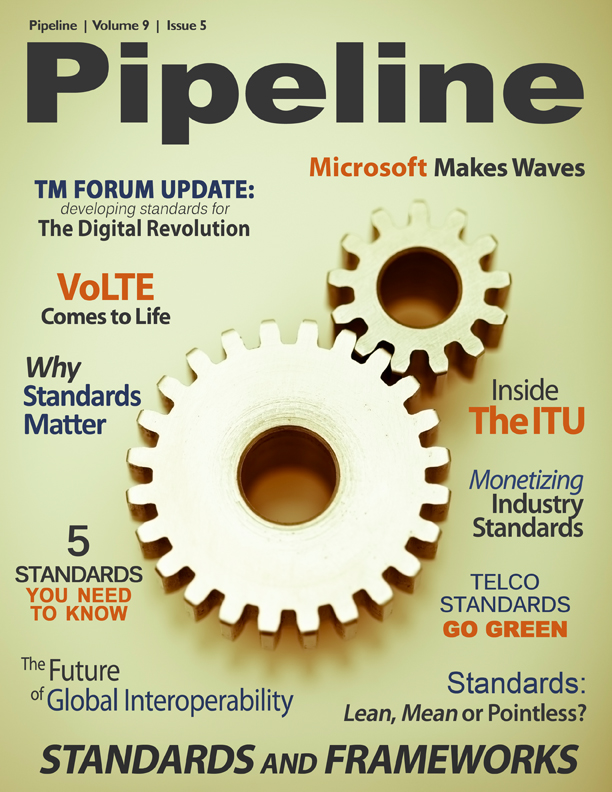Inside the ITU: A Q&A with Malcolm Johnson
Pipeline: How do standardization plans take into account the different needs of different geographic areas, given disparities in infrastructure, income, GDP, and so on?
Johnson: ITU-T is engaged in efforts to “bridge the standardization gap,” taking actions to increase developing-nation participation in international standardization work. This initiative ensures all nations’ standardization needs are taken into account. Additionally, the standards-development and standards-implementation skills learnt through participation in ITU-T’s work are of key value to network operators and regulators of the developing world. To narrow the gap ITU-T offers reduced membership fees and fellowships to organizations from certain developing countries, and provides online “remote participation” for those unable to attend our meetings in Geneva.
Equally important is the task of bringing developing-world innovations to the attention of international standards developers. We have established an ITU-T Focus Group on this topic named “Bridging the Gap: From Innovation to Standards,” which will investigate the issue and deliver input to the standardization work conducted by ITU-T Study Groups. The group is open to all interested parties, and participation is free of charge.
Pipeline: With many other organizations developing standards, globally and regionally, what keeps the ITU-T relevant?
Johnson: ITU-T’s international standards reconcile regional and national standards, fostering global consensus on the common protocols, frameworks and codecs essential to global communications. It is important that all regional and national standards bodies cooperate with ITU in such a way that we avoid divergent regional solutions that would fragment the international networks and the Internet.
ITU-T develops international standards, ones that address international, multi-stakeholder questions of immense importance to the public interest. When our global membership comes to agree on a standard, it represents the global consensus of governments, regulators and a wide variety of private-sector ICT players, including network operators, service providers, broadcasters, and manufacturers of all forms of network equipment and user devices.
Alongside our commitment to consensus-based agreements, our inclusive, multi-stakeholder approach is what makes us unique. An ITU-T recommendation is as international, open and nondiscriminatory as a standard could possibly be, and the ITU-T seal on a standard is thus a respected, time-honored symbol of global relevance and applicability.



















